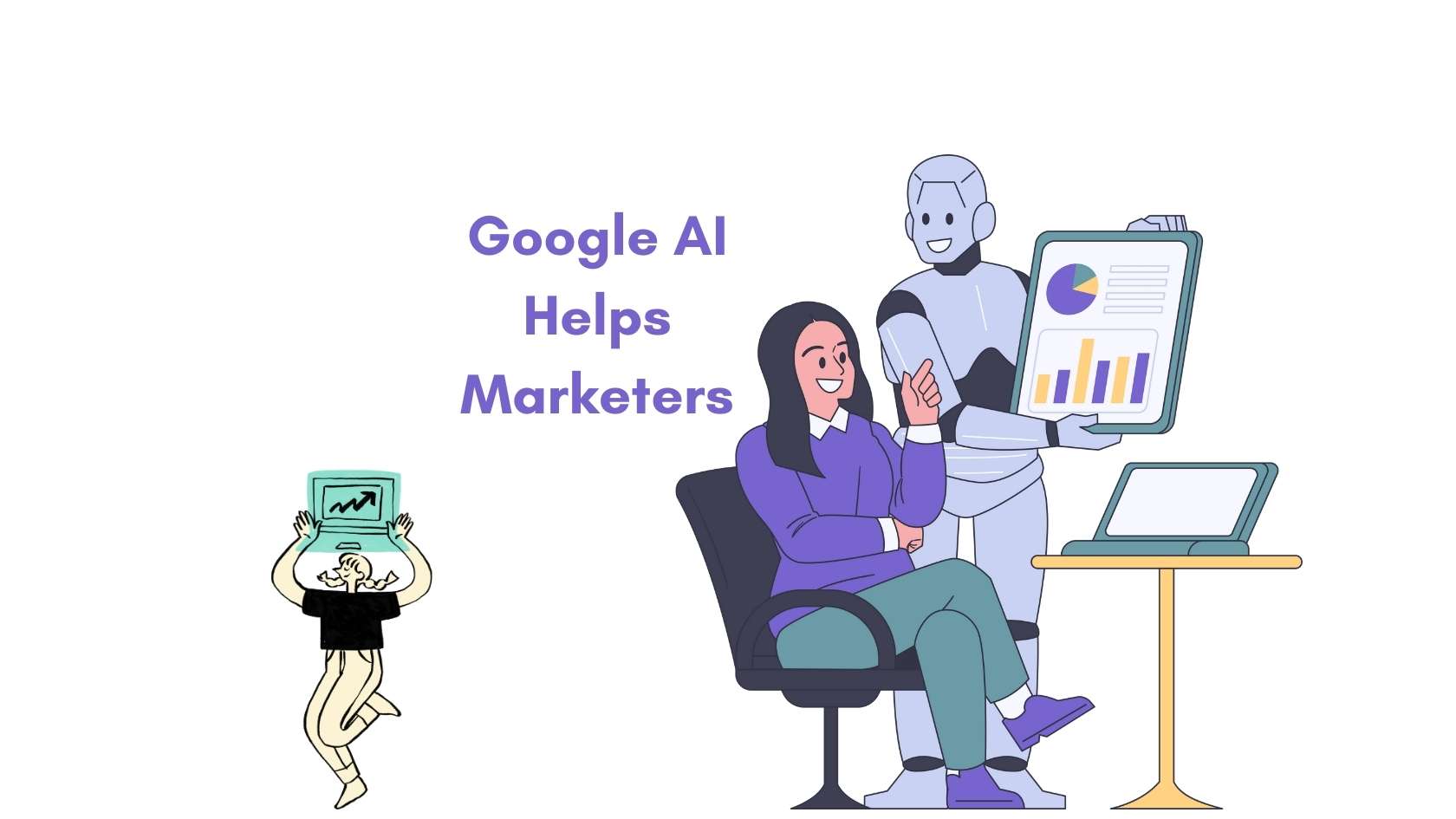The accounting profession is evolving rapidly with the integration of artificial intelligence (AI) tools. These tools automate routine tasks, enhance accuracy, and provide deep financial insights, making them indispensable for accountants in 2025. Below are some of the top AI tools revolutionizing accounting practices.
List of Best AI Tools for Accountants
1. Vic.ai
- Features:
- Automates invoice processing, purchase order (PO) matching, and approval workflows.
- Facilitates B2B payments.
- Offers AI-driven data insights and predictive analytics.
- Benefits: Saves time by reducing manual processes while offering actionable insights for financial decision-making.
2. Zeni
- Features:
- Automates tasks like transaction categorization, account reconciliation, and financial reporting.
- Provides real-time insights into cash flow, budgeting, and financial planning.
- Benefits: Acts as a comprehensive financial platform for bookkeeping and strategic advice.
3. Botkeeper
- Features:
- AI-powered bookkeeping for routine tasks such as categorizing transactions, reconciling accounts, and generating financial reports.
- Offers a centralized communication hub for accounting firms and clients.
- Benefits: Reduces the workload for accounting teams while improving client collaboration.
4. Dext
- Features:
- Automates data entry for invoices, receipts, and other financial documents.
- Extracts and analyzes data in real-time.
- Benefits: Enhances efficiency in document processing and minimizes errors.
5. Gridlex
- Features:
- Automates data collection, cleaning, and financial analysis.
- Provides real-time insights and predictive analytics for proactive decision-making.
- Benefits: Transforms raw financial data into actionable intelligence.
6. Blue Dot
- Features:
- Automates tax preparation and filing processes.
- Delivers real-time tax insights and compliance alerts.
- Benefits: Simplifies tax workflows, ensuring timely and accurate filing.
Also Read: How Can AI Help Accountants?
Tips for Using AI Tools in Accounting
To get the most out of AI tools, accountants should adopt a strategic approach:
- Start Small:
- Begin by automating a single process, such as data entry or transaction categorization, before expanding to more complex tasks.
- Employee Training:
- Train staff thoroughly on the selected AI tools to maximize efficiency and minimize errors.
- Monitor Results:
- Regularly track performance and results to identify areas for improvement.
- Be Patient:
- AI tools require time to integrate fully into existing workflows, so allow for a learning curve.
Summary of AI Tools for Accountants in 2025
| Tool Name | Primary Function | Key Benefit |
|---|---|---|
| Vic.ai | Invoice processing and financial insights | Saves time with automated workflows |
| Zeni | Bookkeeping and cash flow management | Combines automation with strategic advice |
| Botkeeper | Bookkeeping for accounting firms | Streamlines client communication |
| Dext | Document processing | Ensures accuracy and real-time analysis |
| Gridlex | Financial data automation and analytics | Provides predictive insights |
| Blue Dot | Tax preparation and compliance | Simplifies filing with real-time alerts |
By incorporating AI tools, accountants can focus on higher-value tasks such as strategic planning and client advisory. These tools not only reduce manual effort but also help in achieving greater accuracy and efficiency in accounting processes.



